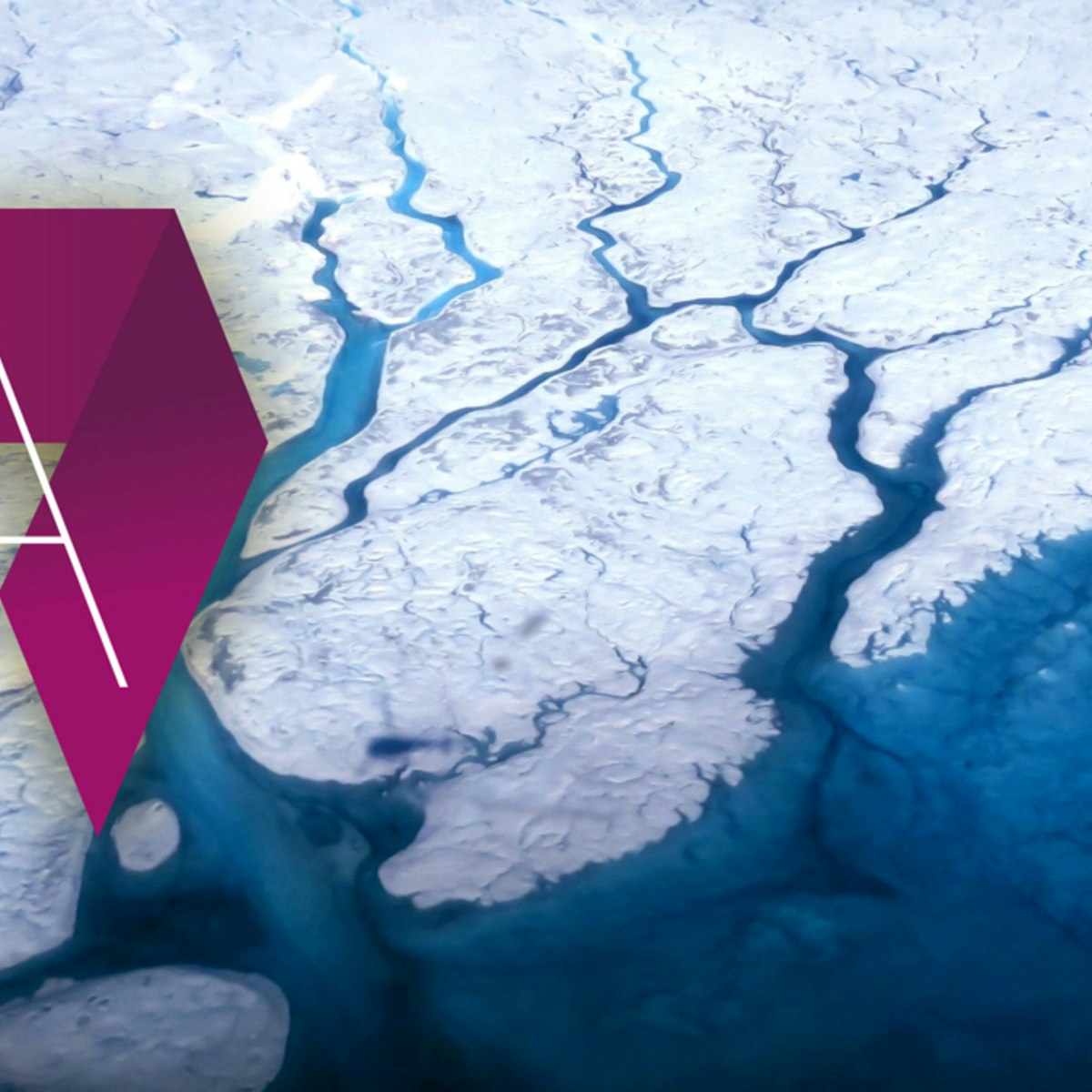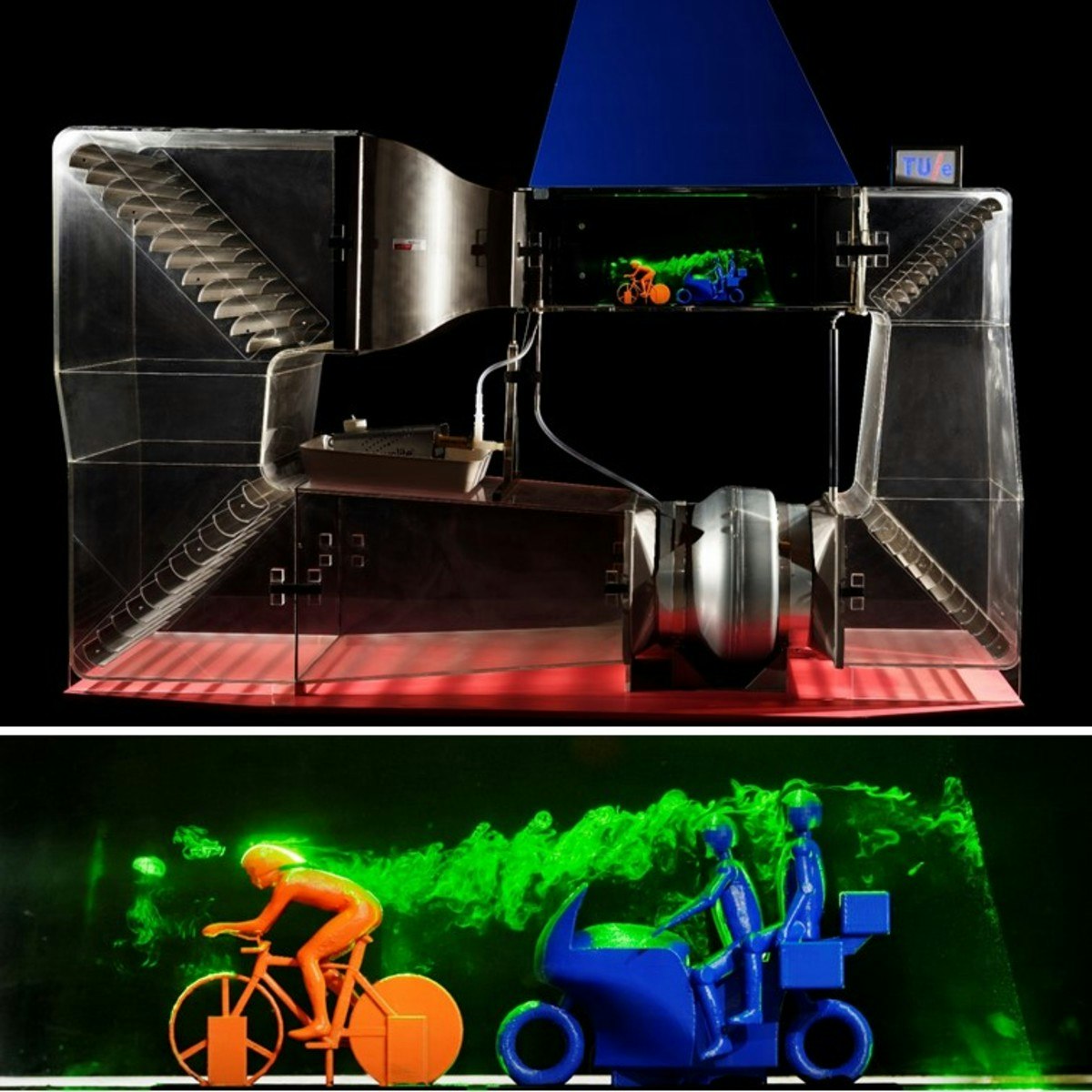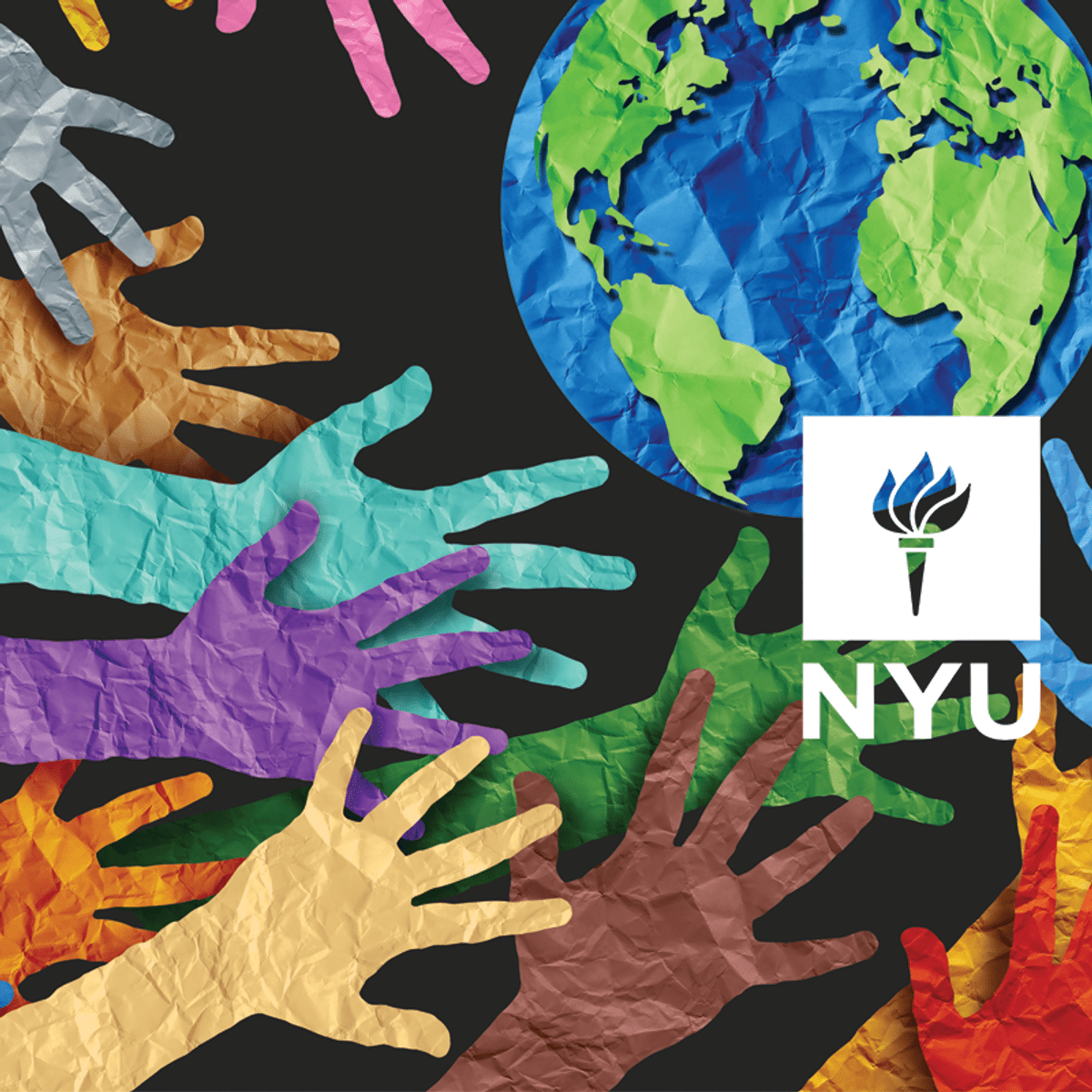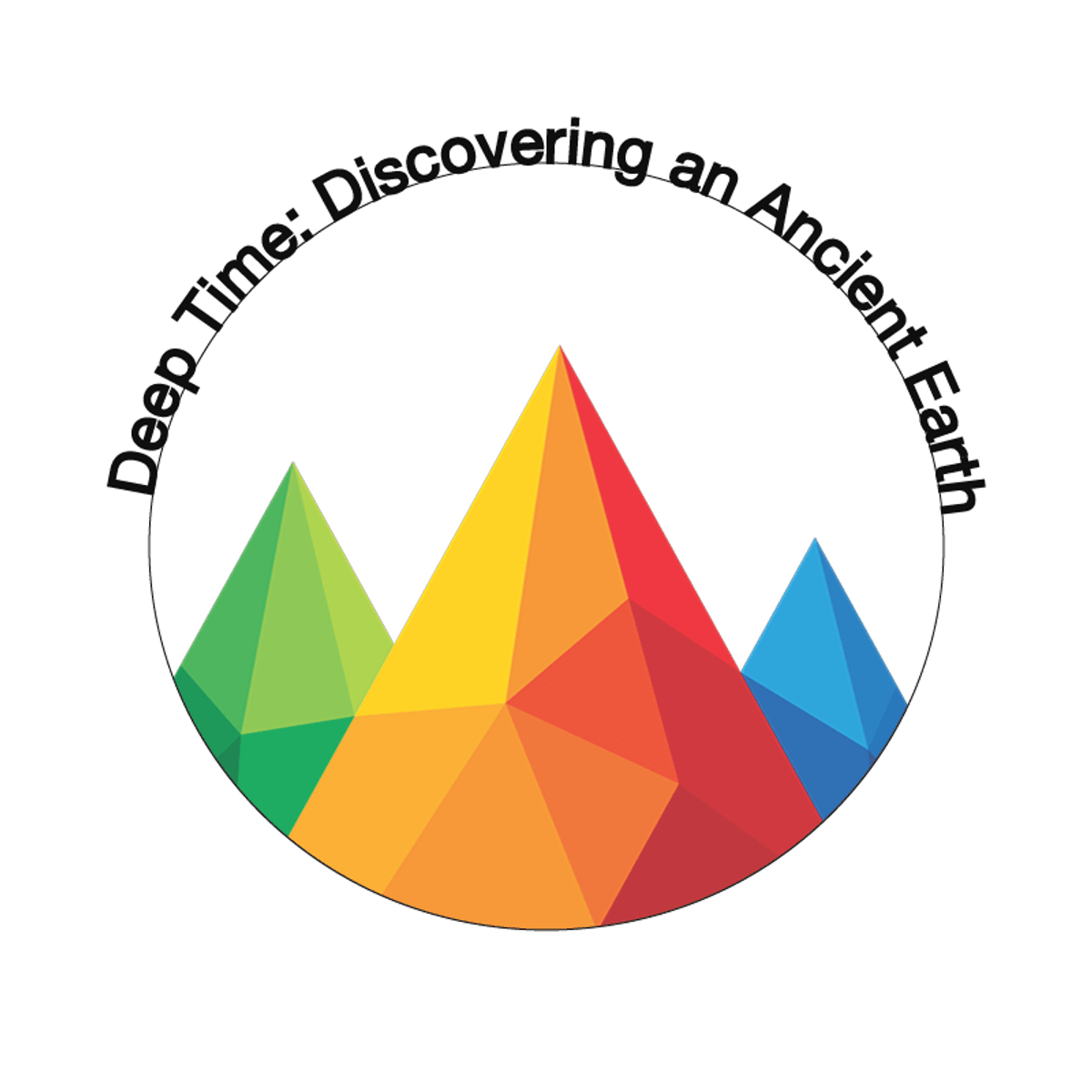Back to Courses









Environmental Science And Sustainability Courses - Page 4
Showing results 31-40 of 151

Global Arctic
The GlobalArctic MOOC introduces you the dynamics between global changes and changes in the Arctic. This course aims to highlight the effects of climate change in the Polar region. In turn, it will underline the impacts of a warmer Arctic on the planet Earth. For human civilization, the Arctic stands both as a laboratory and a warning for human kind.
Besides, this course gives course followers an understanding of the key challenges and pathways to sustainable development in the Arctic region.
This course is unique as it gathers several world’s experts for the first time to speak about the Arctic. Their respective inputs from different academic perspectives and disciplines offer a relevant and complete assessment of the Arctic region and its connection to the rest of the planet. At the end of the day, the course intends to offer in full scope the keys to understanding as the Arctic plays as a mirror of the human and geological dynamics.

Introduction to Indoor Air Quality
Course Overview: https://youtu.be/LLVb4FOn4uU
This course provides a basic knowledge of an emerging area – Indoor Air Quality (IAQ) in buildings. Learners will realize the importance of maintaining proper IAQ.
Characteristics associated with indoor air contaminants (IAC) are demonstrated, such as
• Particulate matters (PM2.5, PM10)
• Radon
• Volatile organic compounds (VOCs)
• Asbestos
• Bio-aerosols, and more
Safe exposure levels, resulting health effects, measurement techniques, mitigate and control measures of these IAC are discussed.
Other important areas related to IAQ such as building ventilation systems, indoor flow characteristics, sick building syndrome, and thermal comfort are also covered in this course.

First Steps in Making the Business Case for Sustainability
The Business School at the University of Colorado Denver wants to help you become a change agent for sustainable business. We hope that with the skills and concepts you gain from this specialization that you will help your business reduce its social and environmental impact. Being a change agent is hard. It takes courage and passion and knowledge. To implement change also requires being able to make the case for that change in terms that people in your company or organization respond to and understand.
After completing the specialization, you will be able to:
* Discuss the threats and opportunities that major global trends such as climate change present to businesses;
* Identify ways a company can improve its environmental and social performance;
* Evaluate and compare companies’ sustainability activities and products;
* Develop a business case for implementing sustainability investments;
* Identify key criteria of green businesses and product design;
* Be a change agent in your organization;
* Understand emerging topics in sustainable business, including those in the public policy space.
We're very excited about offering this MOOC specialization and hope it gives you the first step toward learning about and taking action to make the places you work and the products you buy more sustainable.
Sustainable business changes daily with new products, innovations and ideas, so you will be important in keeping the class current. We look forward to learning from you as you take this green journey!
______

Sports and Building Aerodynamics
COURSE ABSTRACT:
Have we reached the boundaries of what can be achieved in sports and building design? The answer is definitely “NO”. This course explains basic aspects of bluff body aerodynamics, wind tunnel testing and Computational Fluid Dynamics (CFD) simulations with application to sports and building aerodynamics. It is intended for anyone with a strong interest in these topics. Key fields addressed are urban physics, wind engineering and sports aerodynamics.
COURSE CONTENTS:
The course consists of 6 weeks. The first 3 weeks are on fundamentals, the second 3 weeks on applications.
- Week 1: Basic aspects of fluid flow
- Week 2: Wind-tunnel testing
- Week 3: Computational Fluid Dynamics
- Week 4: Building aerodynamics
- Week 5: 100 m sprint aerodynamics
- Week 6: Cycling aerodynamics
COURSE UPGRADES:
In January-February 2017, the course will be upgraded/extended with:
- New modules on cycling aerodynamics
- Week 7: Climate adaptation of buildings and cities
- Week 8: Air pollution
If you want to take the upgraded/extended course, please wait with enrollment until mid February.
LECTURER:
The lecturer is Bert Blocken, professor at Eindhoven University of Technology in the Netherlands and KU Leuven in Belgium. He is a Civil Engineer holding a PhD in Building Physics. His main areas of expertise are urban physics, wind engineering and sports aerodynamics. He has published 126 papers in international peer-reviewed journals. He has received the 2013 Junior Award from the International Association of Wind Engineering and six best paper awards from the Elsevier ISI journal Building & Environment (2009, 2011, 2012) and at international conferences. According to the 2016 Academic Ranking of World Universities (Shanghai Ranking) & Elsevier, he is among the 150 most cited researchers world-wide both in the field of Civil Engineering and in the field of Energy Science & Engineering. Since Dec 2016, he is editor of the ISI journal Building & Environment and starting 2017, he is also associate editor of the ISI Journal of Wind Engineering & Industrial Aerodynamics. He is member of the editorial board of the ISI journals Building Simulation and Sports Engineering. He has acted as a reviewer for more than 70 different ISI journals. He is currently supervising a team of 4 senior researchers, 32 PhD students and 5 MSc students.

Climate Change and Human Rights
This course is primarily aimed at anyone interested in learning about the growing field of climate change and human rights. It will discuss the history of the field, key actors and cases, as well as emerging trends and takeaways.
This course is taught by César Rodríguez-Garavito, Professor of Clinical Law and Faculty Director and Chair of the Center for Human Rights and Global Justice at NYU School of Law.

Deep Time: Discovering an Ancient Earth
Ever since our ancestors ventured onto the African savanna, human beings have searched, explored, and wondered about the world. Nowadays, and certainly for most, science is the vehicle that takes us along a path towards understanding nature. It can bring us from sub-atomic realms to the most distant galaxies. Largely through the discipline of geology, science allows us to push back the mists of time and peer into a past measured in billions of years, and aptly referred to as “Deep Time.”
Climb on board!
This is a journey of discovery—we'll learn about the origins of science and geology itself, to our planet’s oceans, atmosphere, and crust. The focus then turns to how geologists have probed the rise and fall of the Rocky Mountains, and we conclude by considering not only the power of science but also acknowledging its inherent price and responsibility.
Certificate earners demonstrate proficiency through a few short assessments and discussion prompts and are prepared to teach or apply the material.

Cities and Consumption: Urban Sustainability and the Sharing Economy
How can we govern consumption and the sharing economy in our cities?
This course explores cities, consumption and the sharing economy in Europe and around the world. We connect together the key themes of the sharing economy, cities, governance, consumption and urban sustainability. We explore how the sharing economy can contribute to increasing social, environmental and economic sustainability. And we argue that it is imperative that the sharing economy is shaped and designed to advance urban sustainability.
This course was launched in May 2020, and it was updated in September 2021 with new podcasts, films and publications. This course is produced by Lund University in cooperation with partners from Sharing Cities Sweden – a national program for the sharing economy in cities with a focus on governance and sustainability. It features researchers, practitioners and entrepreneurs from a range organisations.

How Do We Manage Climate Change?
In this course, learners will identify the types of actions that we can pursue to address climate change. These actions fall into two broad categories: 1) mitigation, which refers to efforts to reduce greenhouse gas emissions or enhance carbon sinks, and 2) adaptation, which refers to our preparations for climate impacts. We will explore the technologies, programs, and policies related to both mitigation and adaptation. Learners should leave the course with an improved ability to identify and evaluate climate actions undertaken by communities, governments, and businesses.

Energy: The Enterprise
This course provides a broad view of the evolving nature of energy and the influence of cost, availability, sustainability, technical advancements, lifestyle, and concern over the environment. Learners get a peek into our energy history, recent technical and societal advancements in clean energy, and some of the more important adjustments we have seen and will continue to see. It includes a discussion of how our energy infrastructure adapts to the changing landscape while managing costs, often deploying a new workforce while providing highly reliable grid power necessary for a robust and competitive economy. Material covers current and future workforce opportunities.
This course is for individuals considering a career in the energy field (who have a high school diploma, at minimum, and basic knowledge of mathematics), and existing energy sector employees with less than three years of experience who have not completed similar training and would benefit from a course of foundational industry concepts.
The course is a combination of online lectures, videos, readings and discussions.
This is the fourth course in the Energy Production, Distribution & Safety specialization that explores various facets of the power sector, and features a culminating project involving creation of a roadmap to achieve a self-established, energy-related professional goal. To learn more about the specialization, check out a video overview at https://www.youtube.com/watch?v=2Yh9qIYiUDk.

The Changing Arctic: Present, Past, & Future
This course takes a detailed look at the remarkable changes unfolding in the Arctic environment, including the shrinking Arctic sea ice cover, shrinking land ice, thawing permafrost and cascading impacts on Arctic ecosystems. After a review of Arctic climates of the past, attention turns to the possible future of the Arctic’s climate and environment.
Popular Internships and Jobs by Categories
Find Jobs & Internships
Browse
© 2024 BoostGrad | All rights reserved